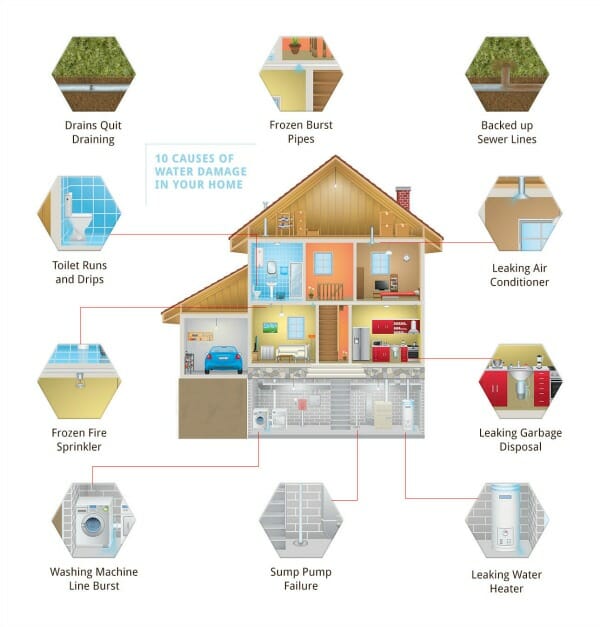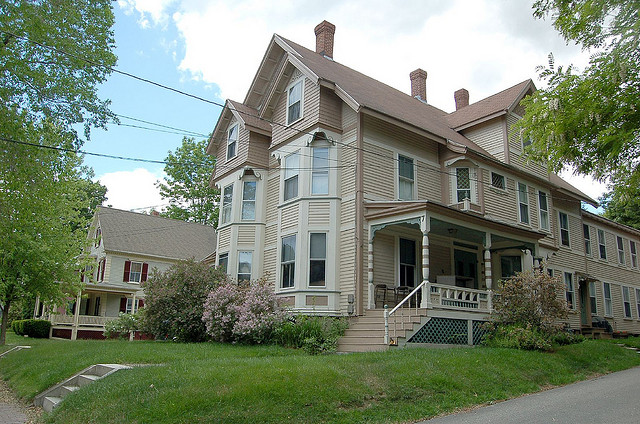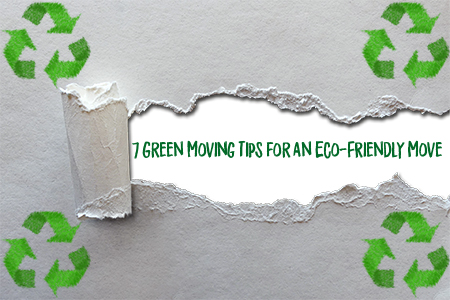There are lots of problems that could affect your home and result in a need for costly repairs. If you have home insurance or an emergency fund, such a disaster wouldn’t be too hard to handle. But it will still cost you time and money to fix, and cause an inconvenience. One of the most common issues in the home is water damage, which can be a result of several different things. The sooner you catch the problem; the quicker you can rectify it by removing pooled water and making repairs. Keep an eye out for these leading causes of water damage, so you can prevent them and catch them before they escalate into a big problem.
Weather and Natural Disasters
One of the causes of water damage is flooding and similar natural disasters. Of course, it’s difficult to predict freak weather occurrences that don’t follow the patterns your area typically receives. But if you know that you live somewhere that’s prone to flooding, storms or hurricanes, you can prepare your home for the worst to minimize any damage.
Pipe Problems and Plumbing
Plumbing issues are another significant cause of water buildup. Many problems are caused by blocked or overflowing toilets, but there are other ways that pipes and plumbing systems can result in water damage. Pipes can burst or leak, and sometimes water damage is caused by hose and pipe joints not being attached correctly. Backed up drains, toilets or garbage disposals can cause pressure on pipes that causes them to break.
Broken Appliances
Something that some people may forget to pay attention to is their home appliances, such as washing machines and dishwashers. One of the leading causes of water damage is the failure to replace a broken water hose on an appliance. Ignoring leaks from these machines could mean that water is building up where it shouldn’t be.
Gutter Issues
Outside the home, the way that water is directed away from your house plays a significant role in protecting it from water buildup. If your gutters aren’t working correctly, water could begin to pool in unwanted places. When water begins to collect outside, it quickly can find the vulnerable places in your home that it can seep into and begin to gather there.
Basements and Attics
It’s essential to watch out for both basements and attics, where improperly sealed fixtures can be vulnerable to leaks. In the basement, weak window seals will let in moisture, which could come through the walls and even affect the foundations. Attics are also prone to water where it’s not wanted when air comes in from outside and causes moisture to collect on the underside of the roof. Crawl spaces, which builders use to lay pipes and electrical wires, are also prone to similar issues, which could lead to mold and rot.
If you don’t want water damage to lead to disaster, keep an eye out for these common issues. Try to prevent problems where you can, and catch them as soon as possible when you can’t stop them completely.





